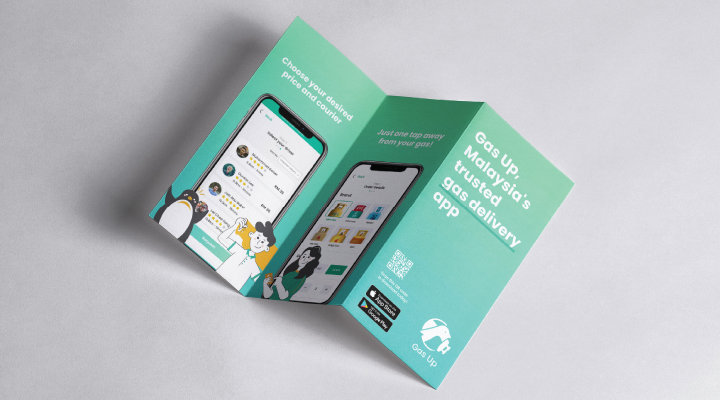By School of Hospitality, Tourism & Events
Research on IT and tourism has changed the general understanding of how to change our technology and society. Virtual tourism is one of the technologies that is starting to be developed in tourism. Despite this, tourists' experiences in virtual tourist destinations remain relatively unexplored, especially for people with physical challenged who use wheelchairs.
However, whether and how this virtual tourism experience could influence the level of exclusion-inclusion has not been discussed in detail. Employing qualitative research approach, this research tried to better understand the behaviour of physically challenged when travelling to tourism destination using virtual reality headset.
The location for this research is in Jakarta, Indonesia. Participants are selected from the age range of 18 to 45 years old. The findings of this research indicated that physically challenged who use a wheelchair more inclusive in the tourism destination when using VR headset. Although some participants still want to go to the actual tourism destination, this technology can be used as an alternative for tourism destination which is still exclusion, especially for this group.
Based on thematic analysis, there are 5 themes to make virtual tourism more inclusive: authenticity, attraction, activities, accessibility, and amenities. This study contributes to the theory, methodology and application recommendation.
https://www.youtube.com/embed/2mL9OZ49sOQ






